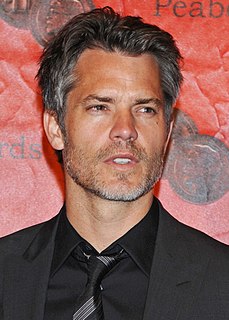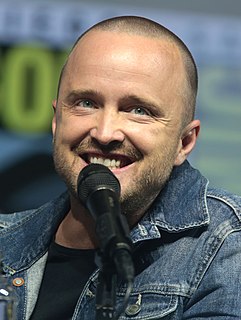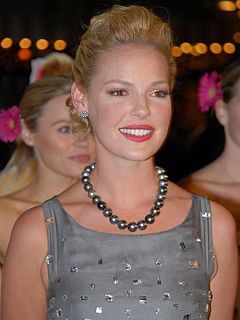A Quote by Cheryl Strayed
Fear, to a great extent, is born of a story we tell ourselves.
Related Quotes
What I often do in my work is to take a great story, such as the Odyssey, the search for the Grail, the story of Jesus, or the story of the great peacemaker who helped create the Iroquois Confederacy in the 15th century. I then use these tales as templates upon which to weave psychological and spiritual exercises which allow us to open ourselves up to the larger venue of a story.
If you gauge how you're doing on whether somebody is responding vocally or not, you're up a creek. You can't do that; you kind of have to be inside of your work and play the scene. And tell the story every day. Tell the story. Tell the story. Regardless of how people are responding, I'm going to tell the story.




































